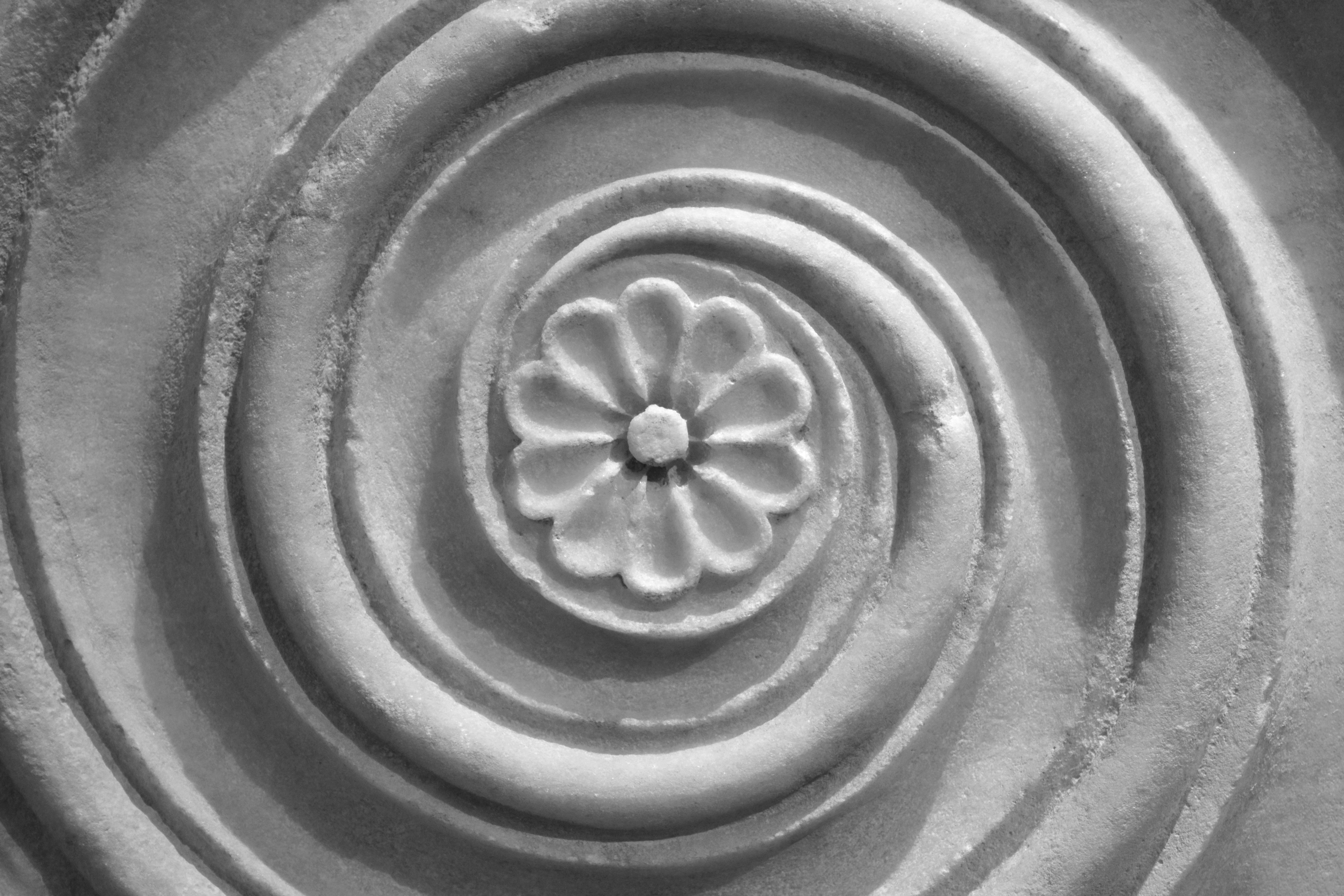
In yet another legal battle concerning intellectual property rights in the gaming industry, the controversial topic of copyright infringement regarding Fortnite dance moves has resurfaced. With its immense popularity and widespread impact on global pop culture, Fortnite has become a hotbed for such debates.
The Origin of the Copyright Dispute
Ever since Fortnite’s rapid rise to the top of the gaming industry, the game has gained significant attention for its inclusion of recognizable dance moves performed by its characters. Many of these dances, however, were popularized by individuals outside the game, often originating from viral videos or pop culture moments.
The issue at hand is whether these dance moves are eligible for copyright protection. Some argue that these short dance sequences can indeed be protected as choreographic works, while others believe that they are too simplistic and lack the necessary originality for copyright protection.
The Lawsuits Piling Up
Several well-known figures, including artists and celebrities, have filed lawsuits against Epic Games, the developer of Fortnite, claiming the unauthorized use of their signature dance moves. In many cases, these individuals argue that Fortnite profited from their creative work without obtaining proper permission or offering any compensation.
While the legal battles first gained momentum in 2018, they seemed to fade away over time. However, recent court decisions have rekindled the debate, and new lawsuits have now been filed against Epic Games.
Implications for the Gaming Industry
Regardless of the outcome, the outcome of these lawsuits will undeniably set a powerful precedent for the future of intellectual property rights within the gaming industry. The decision will not only affect Fortnite but also have implications for other games that incorporate real-life references or cultural elements.
Moreover, these lawsuits shed light on the importance of recognizing and respecting the creative work of individuals. It raises questions about ownership and whether developers should be held accountable for incorporating other people’s intellectual property, especially in a way that undoubtedly contributes to the commercial success of their games.
The Ongoing Debate
The debate surrounding the copyright fight over Fortnite dance moves highlights the intersection of gaming, pop culture, and intellectual property law. As the legal proceedings continue, it remains to be seen how the courts will decide on these contentious issues.
Whether Fortnite’s dance moves can be protected under copyright law or if they fall under the category of ideas too general to qualify for protection, the outcome of these lawsuits will shape the future landscape of the gaming industry and have a lasting impact on the relationship between gaming, creativity, and legal ownership.
In conclusion, the revival of copyright disputes surrounding Fortnite dance moves reflects the ongoing struggle to define the boundaries of intellectual property in the ever-evolving realm of gaming. It serves as a reminder that developers, players, and creators must navigate the complex interplay between inspiration, originality, and legal rights.
rnrn
